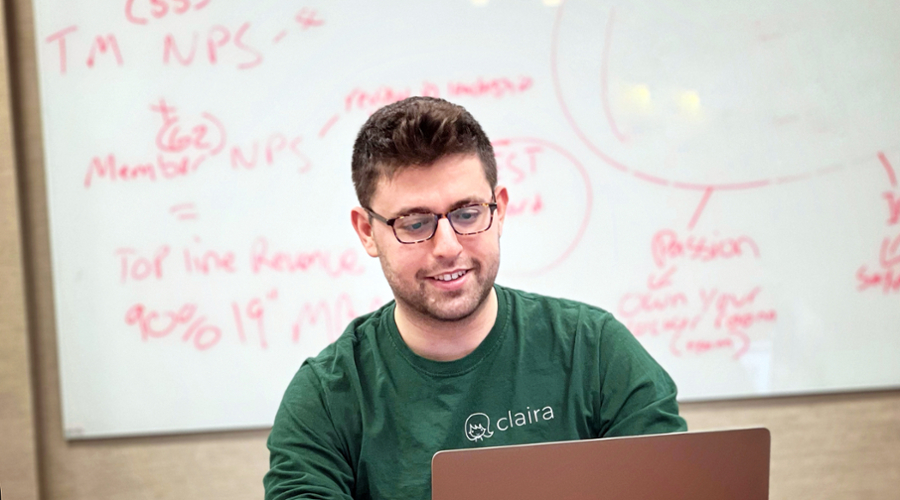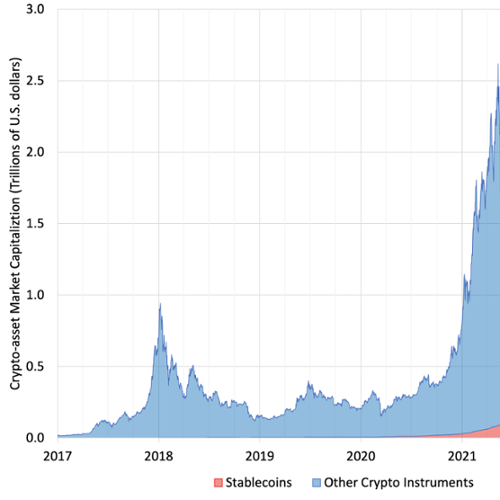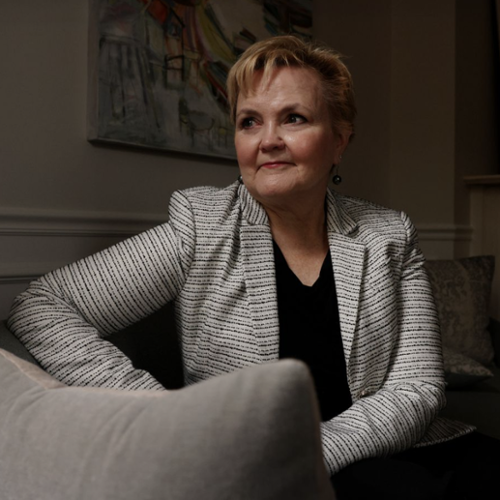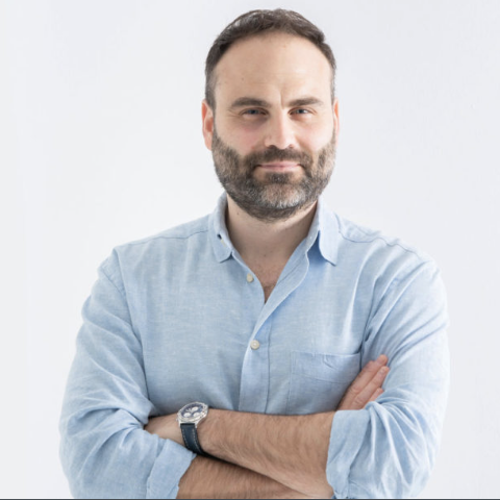For Elan Kawesch ’20, MA’21, social justice is more than an ideal. He is making it his life’s work.
As an undergraduate at
Brandeis University, Kawesch organized student trips to important Jewish cultural sites in Europe. The nonprofit program he founded, “
Together, Restoring their Names,” was born out of a desire to learn more about his family members who perished at a concentration camp in Poland during the Holocaust.
After graduating with a degree from the
Undergraduate Business Program, Kawesch found his calling in Brandeis International Business School’s
Master of Arts in International Economics and Finance (MA) program.
Today Kawesch is the vice president of growth for
Claira, a technology startup working to revolutionize how employers search for and manage talent.
“I was excited to get on the ground floor,” said Kawesch, who was attracted to the company’s mission to increase diversity in the workforce.
Kawesch’s connection with Claira all started with a
field project.
Working alongside a team of students and a faculty advisor, he helped the startup develop marketing strategy, perform market research and identify potential clients. His work made a big impression on founder and chief executive Katie Hall, who soon hired him full-time.
“After the field project, Katie came to me and said, ‘I’m putting together this founding team and I want you to be part of it,’” said Kawesch.
Claira applies advanced natural language processing to human resources algorithms used to scan résumés and determine which applicants are qualified for a position.
For example, if a company is looking to hire someone with advanced Excel skills, Claira’s technology can filter out résumés that simply mention the word “Excel” while identifying the pool of candidates with the appropriate level of expertise.
Importantly, Kawesch said Claira’s analysis removes applicant names and schools from the selection process and encourages clients and workers to not use résumés and job descriptions at all. Instead, Claira users can choose to onboard using a competency selection process that takes far less time than writing a resume or job description, while increasing precision and diversity in the process.
“Someone with a nonwhite sounding name on their résumé has about a 50 percent less chance of getting an interview,” says Kawesch. “We’re throwing that out. That was the hook for me. Standing at the forefront of social justice and emerging technology is something that attracted me a lot.”
Claira’s software is also opening up the world of competency analytics to smaller companies. Traditionally, such insights are very expensive and have predominantly been utilized by large corporations and governments.
All Claira clients share the skills needed for their jobs and the competencies their employees already possess. By crowdsourcing talent demand over a range of companies, Kawesch said their clients can evaluate not only their internal needs and capabilities, but also local and industry trends in skills that are available — and in demand — in real time.
Kawesch first heard about the company and the field project opportunity through
MassChallenge, a startup accelerator and International Business School partner.
“I was immediately attracted to Claira,” said Kawesch.
Kawesch said his time at the International Business School was critical in preparing him for the fast-paced world of technology startups.
“Brandeis was instrumental in me being able to jump into this group and perform at a high level,” said Kawesch.




